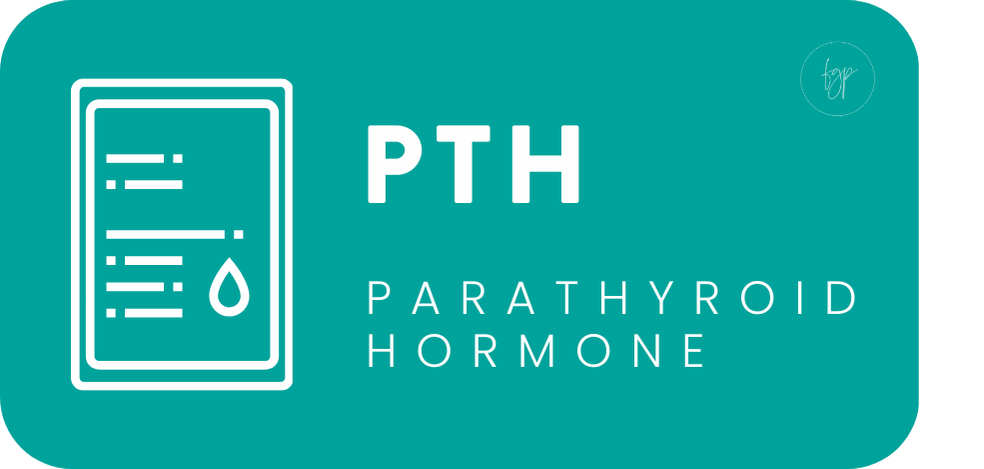What is going on?
Your lab tests

Parathyroid hormone (PTH)
Regulates calcium and phosphate levels.
Your result is raised
When Levels are High
Overactive parathyroid glands (hyperparathyroidism), vitamin D deficiency and suboptimal dietary calcium
Your result is low
When Levels are Low
Underactive parathyroid glands (hypoparathyroidism), magnesium deficiency.
WE’RE HERE TO HELP YOU
Understanding trends in the results
Persistent Abnormalities: Chronic high or low PTH levels often indicate an underlying endocrine or metabolic disorder. It’s important to identify and treat the cause.
Management: If PTH levels are high, a 3-month trial of calcium and vitamin D supplementation is often used to help bring levels down. This is because low calcium levels can trigger an increase in PTH production.
Untreated high PTH: If left untreated, high PTH can lead to osteoporosis (thinning of bones) and increased fracture risk, as the body pulls calcium from the bones to maintain stable calcium levels in the blood. 🦴
A deeper dive
We’re working on it — updates coming soon

